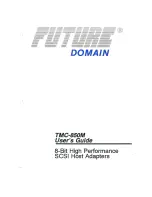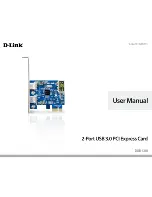
C H A P T E R
S e n d d o c u m e n t a t i o n c o m m e n t s t o m d s f e e d b a c k - d o c @ c i s c o . c o m
50-1
Cisco MDS 9000 Family CLI Configuration Guide
OL-16184-01, Cisco MDS SAN-OS Release 3.x
50
Configuring NASB
The Storage Services Module (SSM) supports Network-Accelerated Serverless Backup (NASB).
For licensing details, see
Chapter 3, “Obtaining and Installing Licenses.”
This chapter includes the following sections:
•
About NASB, page 50-1
•
Configuring NASB, page 50-3
•
NASB Target Rediscovery, page 50-4
•
Displaying NASB Information, page 50-4
•
Default Settings, page 50-6
About NASB
Data movement in the fabric uses considerable processor cycles, which can cause client applications to
slow down noticeably. Offloading data movement operations to a media server allows the client
applications to run normally even during a backup operation. Media servers can further offload the data
movement operation to NASB devices, which allows the media server to focus on the coordination
functions needed to complete the backup.
Most backups performed today are server-free. In server-free backups, the application server is not
involved in moving the data. The data can be moved by either a media server or a NASB device.
When the media server is the data mover, it moves the data between the disks and the tapes. The backup
application runs on both the client device and the media server. However, the backup application in the
client device performs minimal tasks for the backup operation.
The media server performs the following backup operations:
•
Manages disks as well as one or more tape backup devices.
•
Contacts the client devices to retrieve the list of logical blocks that need to be backed up.
•
Performs data movement from disk to tape media based on the logical block list provided by the
client device.
The backup application in the client device maps the data to be backed up and creates the logical block
list associated with the data. The movement of data from the physical disks to the backup device (tape)
is not performed by the client device. This reduces substantial load on the client device.
















































